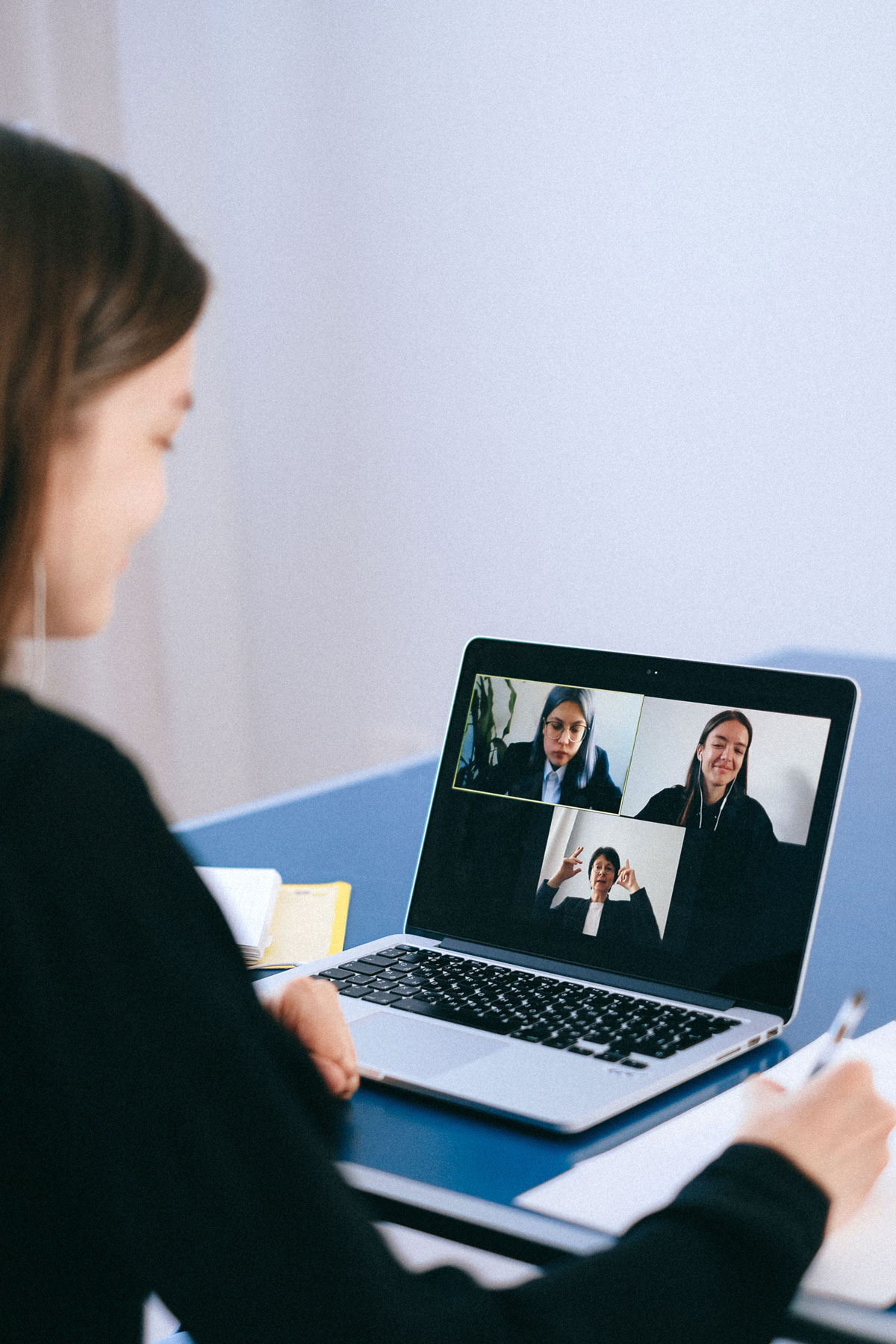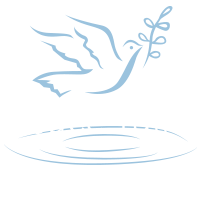FAQ
FAQ
In mediation, two or more people come together to try to work out a resolution to their problem. A neutral third person, called the mediator, is there to help them along.

What is Mediation?
Confidential. Mediation is a way to confidentially resolve conflicts quickly and efficiently using a neutral third party to facilitate private negotiations.
Fast. The entire process can take as little as an hour and rarely takes more than one day. Complex issues and multiple parties may require more than one session.
Creative. Problem-solving allows creativity to come forward. It can even be fun!
What is the typical outcome?
Successful. Nationwide, over 70% of mediated disputes settle. My experience has been even better.
Insightful. Even in the small percentage of cases that are not completely resolved in mediation, key issues are identified and some may be resolved. Just seeing the issues clearly helps the parties decide whether to take the dispute to the next step.
What’s the next step if we don’t reach an agreement?
Litigation or Arbitration. Since the mediation process is voluntary, you still have the right to arbitrate or go to court if you do not reach an agreement.
What is a mediation session like?
Private Meeting. Each party can speak with me privately to discuss their concerns in a confidential session. Nothing said during private sessions is shared with the other parties without permission.
Resolution. Next, we develop a list of issues to be resolved and beginn discussing them one by one. As each issue is resolved, we are building an agreement. All of this usually leads to a final agreement, signed by all parties. Everyone must agree on the result. This all takes place in a relaxed, business-like atmosphere that is far less stressful than a courtroom.
How long does it take?
One Day. Sessions are usually completed in one day, often within a few hours. Some require more time if there are many parties or complex issues. Even though everyone is free to leave at any time, we usually stay until we either reach an impasse or we have a written agreement signed by the parties — and most of the time we end up with a mutually satisfying agreement.
Can the mediation agreement be enforced?
Enforceable Agreements. The agreement is a legally binding contract that can be enforced by a court. Sometimes the agreement, especially property settlements, are approved by judges and become part of a court order. Other times, the parties just abide by their agreements and, if they are in a lawsuit, agree to dismiss it.
Confidentiality. If the matter ends up in court, I cannot be called to testify about anything discussed during the mediation session. Nobody can. Mediation is confidential and private.
Agreements Honored. Over 90% of mediation agreements are honored by both parties.
When should I begin mediation?
Early. Ideally, parties will try mediating a dispute before going to court. But it can occur anytime during litigation or even during an appeal. The best advice I can offer is to think of mediation first when a dispute arises and call me to discuss it. If it is not appropriate for mediation, we may find other alternatives.
What are the mediator's functions?
Organizer. Since mediation takes place only after both parties agree to meet, we start by obtaining agreement on when, where and how we will meet, virtually or in person, and commit to the terms of the meeting, especially confidentiality and privacy. We provide the necessary forms.
Trained Facilitator. Once we get together, I use my skills to lead the parties in negotiating a mutually agreeable resolution. That is where my experience and training are most valuable.
Neutral Guide. I act as a neutral guide who knows the law. I do not provide legal advice, judge who is right or wrong or decide who is telling the truth. Using my neutrality, I keep the parties focused on resolving the dispute themselves.
Troubleshooter. I help you find a result you can live with, using “reality testing” to ensure its success. I have seen how small disputes can grow into larger ones, so I encourage the parties to cover all the angles. For example, if a payment is to be made, I suggest having the date, time, amount, method of payment, and manner of delivery right in the agreement to avoid misunderstanding.
Is suggesting mediation a sign of strength or weakness?
Strength. Mediation has become an accepted part of litigation. New court rules are implementing it in all civil disputes. Suggesting mediation can signal a strong sense of what the dispute is about and the ability to envision a favorable resolution. Since all Michigan courts now provide mediation as an option, it is frequently discussed and people are used to hearing it suggested. If this is still a concern, allowing the mediator to contact the other party and suggest mediation will take the attention away from you.
Is mediation cost effective?
Yes! Since most mediations result in a settlement, it is extremely cost effective. Mediations typically take less than a day. The cost of an attorney’s time on telephone calls and letters alone will often exceed the cost of our services. Add the expense of discovery, depositions and written questions, motions and other court hearings, plus the hidden intangible costs of lost time and energy, a mediation’s cost effectiveness becomes obvious. Even if the dispute is not completely resolved, some issues may be resolved and others clarified so that the litigation can become more focused and again save time and money.
Is mediation Faster than other types of dispute resolution?
Yes! Mediation can usually be scheduled and concluded within 30 days. Given the backlog in our courts, the time between filing and trial often exceeds two years.
A 30-day delay is a small inconvenience if it results in settlement, as it most often does. Also, when mediation is included in the court’s scheduling order, there is no delay because it is part of the natural flow of the litigation.
What if the other side is reluctant to agree to mediate or to reach a settlement?
Good question! It is difficult to know whether the other side will agree to something until they are asked. Sometimes hearing the request to mediate from a neutral third party makes it easier to accept the idea of mediation. The best way to find out if they are willing to mediate is to have the mediator contact them. If so, this is an indication that they are willing to talk about a reasonable solution since the mediator will explain that a willingness to negotiate is a prerequisite for mediation. Mediators are trained to address any concerns about mediation that are raised. Also, since mediation is now provided by both state and federal court rules in Michigan, it is increasingly likely that the other side will agree to mediate, especially in view of the ineffectiveness of other available forms of alternative dispute resolution. As for a party’s settlement posture, it is much easier to maintain an extreme position in pleadings and letters than it is in face-to-face meetings. Once a party agrees to mediate and begins to dialogue with the other party, the polarization and extreme positions usually fall away and progress toward a reasonable settlement follows.
Should I take discovery before we begin mediation?
Not necessarily! Pre-suit mediations are often the most cost effective because the parties have not become entrenched in their positions and have not yet invested the high costs associated with discovery. Often a mediator can facilitate the voluntary production of documents, inspections, medical exams, etc. which will provide enough information to allow mediation to go forward, reducing the time and expense of formal discovery.
Is it too late to mediate if the case is already set for trial?
No. As any litigator knows, cases settle on the courthouse steps or in the judge’s chambers on the day of trial, during jury deliberations and even during appeals. So there is never a time when a neutral third party cannot assist the parties to reach a resolution of their dispute. Just, “It’s never too late to mediate!”
This case is simply about money, is there really anything to talk about?
Yes. There is always something to talk about. Occasionally, defendants will acknowledge liability within the first few minutes of the mediation session and the parties spend the rest of their time discussing payment arrangements. Payment terms are often more important than the amount.
Isn't this case far too complex with too many parties to settle?
Actually, the reverse is true. Complex cases involving multiple parties are ideally suited to mediation because the process allows the parties to resolve some of the issues without having to decide everything all at once. Many times, some parties agree to a complete resolution of the claims between them, while others continue to battle one another. (For attorneys, if your client is one of the ones that settles, they will appreciate your ability to get them out of the fracas early on, and a happy client is a great referral source.) Other times, some of the issues are resolved so that the case is less complex and streamlined for trial. This can be a real benefit in terms of trial preparation, marshalling of resources and focusing attention on what matters most.
Isn't mediation too “touchy-feely”?
Maybe, or maybe traditional dispute resolution isn’t “touchy-feely” enough. Feelings are often involved in mediation. Respect for and management of feelings is part of the mediator’s job. What may seem unimportant to an attorney can be very valuable to a client, even if they do not express it. Clients like to please their attorneys and will tend to agree with what they express. Try asking your client about their experience of the mediation process in open-ended questions using neutral terms to find out what they think of it. You may be surprised at the answer.
Is a mediation agreement self-enforcing?
No. It is true that a settlement agreement is not self-enforcing, but neither is a judgment. A settlement agreement is an enforceable contract. As with other contracts, the parties may include incentives and enforcement mechanisms to ensure compliance. For example, a consent judgment could be escrowed or binding arbitration could be agreed upon. The good news is that 95% of all settlement agreements reached through mediation are complied with; much higher than civil judgments.
Can't I negotiate a settlement without a mediator?
Possibly. However, sometimes the other side has difficulty assessing the risks and realities of their position. A mediator can assist the parties to evaluate the strengths and weaknesses of their case through focused questioning. Parties are more willing to explore the weakness of their case and explore other options when they are not feeling pressured or vulnerable. Mediators may also assist counsel to persuade a client holding an unrealistic view of their likelihood of success, that there are no sure things in litigation. But if you want to try it on your own, check out our free Dispute Resolution Guide by clicking the link above.
I've never mediated a case before and do not know what to do. Is that a problem?
Not at all! No prior experience is required. Just come prepared to discuss the problem and listen to the other side. Let the mediator do the work. Their training makes it easy for you.
How much does it cost?
The cost of mediation varies based on the time spent and the complexity of the matter in dispute. However, we can discuss hourly, daily and half-day rates.
Other Concerns?
You may have other concerns. Give me a call so we can discuss them.


